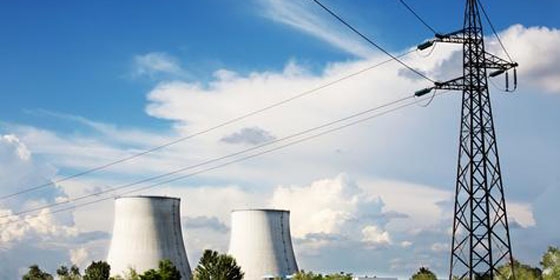GCC states are projected to invest more than $300bn in some 20 energy projects expecting to generate 8 Giga watts of additional power by 2020. The current demand for electrical power in GCC countries is approximately 60,000MW and is expected to triple over next 25 years, the Doha-based Gulf Organisation for Industrial Consulting (GOIC) said in its Energy Guidebook for Industries in GCC.
Over the next decades, as the GCC population grows by 30 percent to over 50m, the region will witness an increasing strain on its supplies of electricity, food and water followed by Industrial development. The member countries of the GCC are expected to post robust growth over the next decade both in terms of population and GDP.
By 2020, the region's real GDP is expected to grow by 56 percent. Nominal GDP, which was $341.6bn in 2000, is forecast to soar to over $2trillion in 2020.
The ways in which the region faces up to these challenges will have a major impact on its prosperity and quality of life, not only in 2020 but in the decades to come, the GOIC noted. GCC countries have a vast untapped potential to improve energy efficiency that is urgently needed which compliments energy demand increase to serve growing industries and protect environment for better future.
There are many energy efficient alternatives for almost every kind of appliance or light fixture. That means that industries have a real choice and the power to change their energy use on a revolutionary scale. For instance, electric motors consume more than 60 percent of all electrical energy generated and are responsible for the loss of 10 to 20 percent of all electricity converted in to mechanical energy. An efficient choice can save huge energy with smart investment.
The GOIC, in a separate report, noted the six-member countries together spent nearly $17bn in 2012 to ensure food security in the region in 2012. The report said the member countries are more interested in urbanization rather than focusing on strengthening the manufacturing sector and bolstering the local economy.
"The private sector should take the initiative of kick-starting such industries and drawing investments. One of the most important measures to be taken is establishing high-technology industries that encompass information and communication technology, bio-engineering techniques and industries, renewable energy, environmental and pharmaceutical industries and chemical industries."
The Peninsula
20 April























































